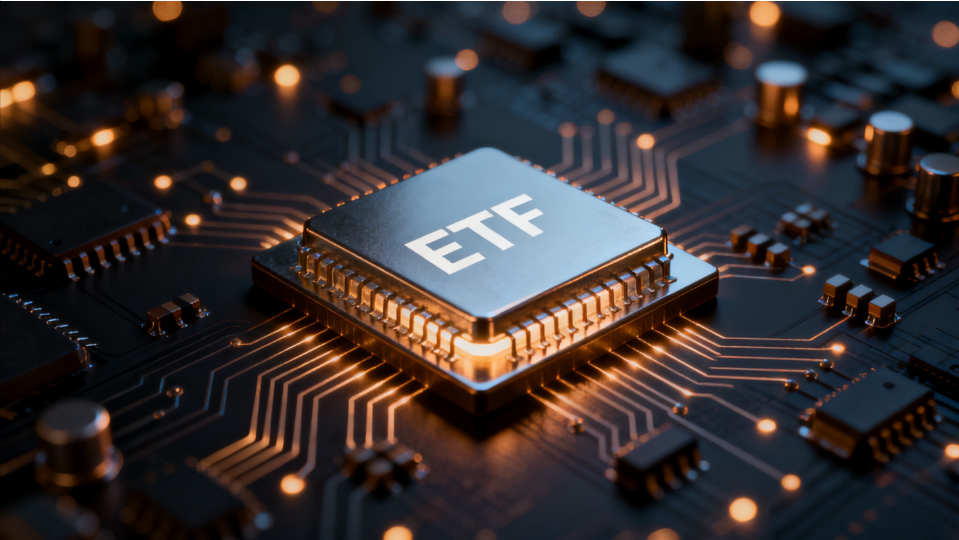
Overseas computing power hardware-related sectors continued to rise on October 28. On one hand, this was influenced by the recent easing of Sino-US economic and trade relations, leading to positive sentiment development. Additionally, with the current timing approaching the Q3 earnings season for major tech companies, capital is betting on earnings exceeding expectations, and the market is paying unprecedented attention to AI capital expenditure guidance and profit margins.
Previous news indicated that Sino-US trade negotiators have prepared a series of diplomatic achievements for the meeting between the two countries' leaders. Trump told reporters on Monday that he is "optimistic about the prospects of reaching a deal with China." Against this backdrop, market sentiment has improved, equity markets have risen, and gold has fallen. If reciprocal tariffs are extended again, it would also benefit A-share optical module suppliers deeply integrated into the overseas AI computing power industry chain.
Regarding corporate earnings, among the Mag 7, five tech giants will disclose Q3 earnings this Wednesday and Thursday local time (Microsoft, Google, Meta, Amazon, and Apple). The market will then obtain the latest information on AI investments and profit conversion. According to statistics, the capital expenditure of the current top five US cloud service providers (Amazon, Google, Microsoft, Meta, Oracle) already accounts for 60% of their operating cash flow, hitting a record high. Whether such massive capital expenditure can continue and whether it will impact profits will affect stock prices and may spill over into other sectors of the economy (such as upstream energy, chip design, and manufacturing). Of course, the market consensus remains that we are still in the early stages of AI, thus maintaining an overall optimistic sentiment.
Finally, we remain long-term bullish on the domestic substitution trend. The recently released "Proposals for the 15th Five-Year Plan" extensively emphasizes technological self-reliance and strengthening, proposing to "seize the high ground of technological development." Currently, the localization rate of key equipment required for advanced processes (lithography machines, etching, and thin-film deposition equipment) still has significant room for improvement. With the decoupling between China and the US in the technology sector and the tightening of US chip export controls to China, it is expected to force breakthroughs in domestic substitution in equipment and chips. Therefore, it is still recommended that investors pay attention to both overseas and domestic computing power industry chains and layout related opportunities through products such as Communication ETF (515880), ChiNext Artificial Intelligence ETF (159388), and Semiconductor Equipment ETF (159516).
















